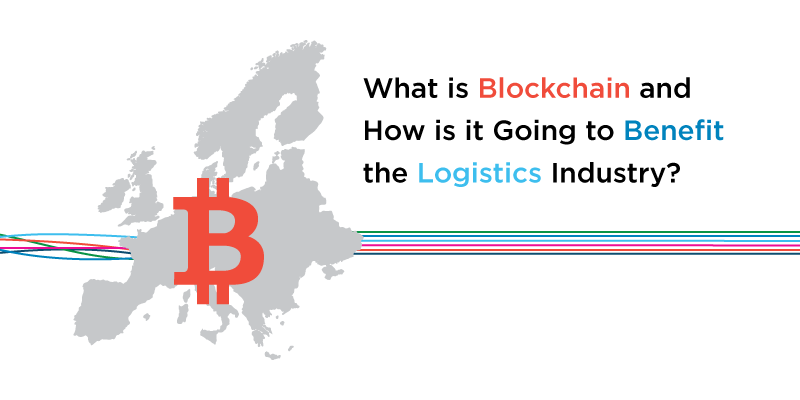What Is Blockchain And How Is It Going To Benefit The Logistics Industry
By on Dec 7, 2016
 comments powered by Disqus
comments powered by Disqus
The Port of Rotterdam tests blockchain logistics which can kickstart a revolution in the level of transparency within the industry.

The Port of Rotterdam, Europe’s largest shipping port, is taking part in a Blockchain consortium which is focusing on logistics, reported Coin Desk. The project has the support of more than fifteen public and private sector companies based in the Netherlands.
Consortium members will spend the next two years designing and developing applications for blockchain technology in the logistics sector. There have been similar efforts in the past, but according to the founders, this blockchain project is unique because of its scale in the logistics chain.
What is Blockchain Technology?
According to the Economist, a blockchain is a distributed database that maintains an ever-growing list of records called blocks. The information in a block cannot be altered retrospectively as each block contains a timestamp and a link to a previous block. The nature of blockchains makes it function like a public, digital, distributed ‘ledger’.
The technology is relatively recent having first been put into practice by Satoshi Nakamoto in 2009 as a core component for the digital currency known as bitcoins.
Since its debut, blockchain technology has had a disruptive impact on several industries. Financial technology was the first to start adopting blockchains, but its started to move into the logistics sector as well.
How Blockchain Technology Can Benefit Logistics
There have been several articles published online about the benefits blockchain technology can bring to the logistics and supply chain sector. Here are a few ways the technology can improve the industry.
- TRANSPARENCY FOR CUSTOMERS. For most people, little is known about the products they use. As LetsTalkPayment.com phrases it, “an almost incomprehensible network of retailers, distributors, transporters, storage facilities and suppliers stand between us and the products we use.”
"With blockchain technology, customers will be able to see every part of the journey their product took before arriving in their hands. The network behind the store shelf will no longer be hidden, allowing the customer to make better informed decisions."
- TRANSPARENCY FOR AUDITORS. Because the history of transactions is locked into each block, auditors will have an easier time understanding where items and resources have gone. This, as Adam Robinson of Cersasis puts it, “help[s] supply chain leadership, such as C-level executives understand how to make the supply chain more efficient and productive.”
- GREATER SECURITY. The technology will enable supply chain companies to identify attempted fraud more easily.
“For example, an employee that goes into the system to change past events will alter the coding of the event” writes Robinson. “However, the altered coding appears so differently that it would be practically impossible to not notice the change. This will allow companies to recognize the fraud and who initiated the change almost immediately.”
The two-year project undertaken by Port of Rotterdam will give insight into the scope of the benefits, but the technology has already shown promise.
“With a world that is becoming more connected on a daily basis, blockchain technology will inherently develop into a symbiotic relationship with the Internet of Things and today’s advanced logistics and supply chain management systems” concludes Robinson.
That’s it for us this week! If you liked this blog post, why not subscribe to our blog? If you’re interested in what we do as a 3rd party logistics provider, don’t hesitate to check out our services (as expressed above, we are very pro finding you the lowest total cost!). We’re also in the twittersphere, so give us a follow to get the latest logistics and supply chain news.
